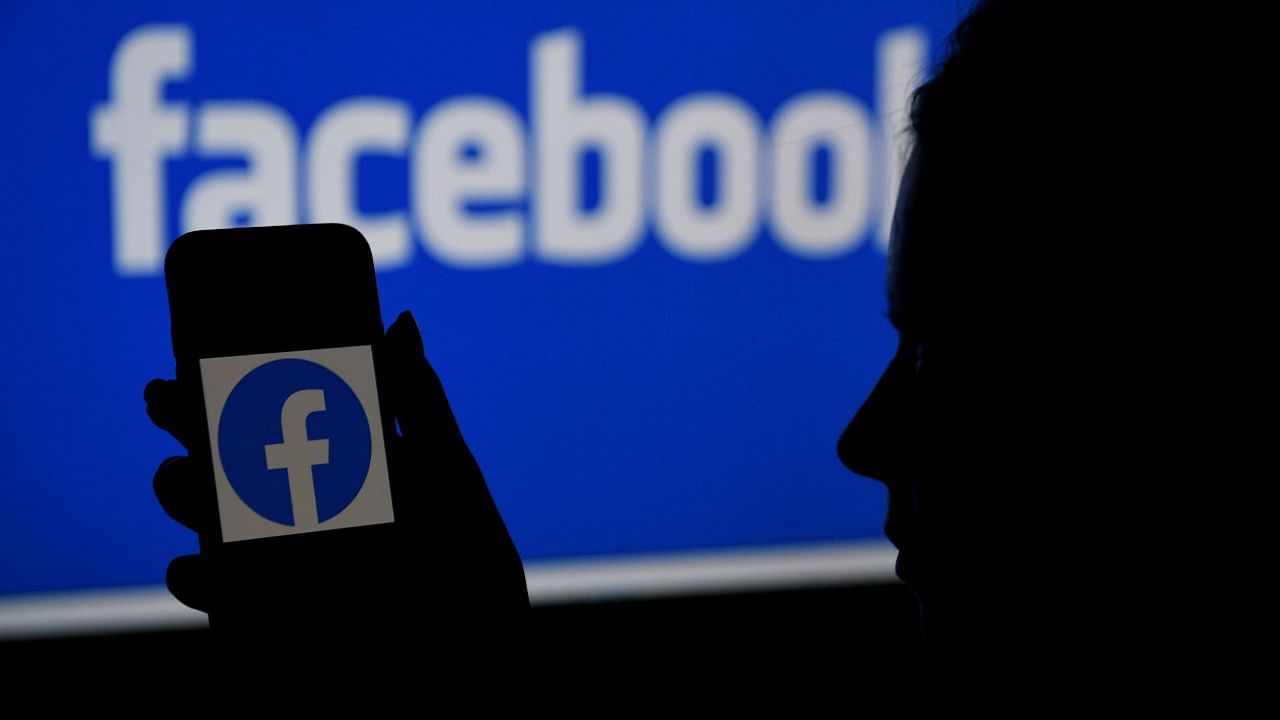
The Supreme Court on Thursday declared that the Delhi Assembly's Committee could seek information from Facebook and its official about its alleged role in the Delhi riots, saying the social media giant with vast power and outreach must remain accountable to whoever entrusted them.
The top court, however, clarified that the panel could not go into the issue of law and order and act as some kind of prosecuting agency.
A three-judge bench presided over by Justice Sanjay Kishan Kaul termed as "premature" the apprehension of coercive action made by Facebook and its Vice President Ajit Mohan in view of the summons issued by the Delhi Assembly’s Peace and Harmony Committee headed by AAP MLA Raghav Chadha.
In its 188-page judgement, the bench, also comprising Justices Dinesh Maheshwari and Hrishikesh Roy, noted the larger role played by a platform like Facebook with "ripple effects across the globe", threatening the very election and voting process in established democracies.
Having 270 million registered users in the country, the bench said, "Such vast powers must necessarily come with responsibility. Entities like Facebook have to remain accountable."
The court said the history of unity in diversity in India could not be disrupted at any cost or under any professed freedom by a giant like Facebook claiming ignorance or lack of any pivotal role.
The court said it was pre-emptory to see a clash of privilege powers and certain fundamental rights like free speech, silence, and privacy in the present case.
The court, however, expressed displeasure with the public utterances of the committee chairman that Facebook should be treated as a co-accused in the February 2020 northeast riots. Putting "fetters" on the committee, the bench said that if it sought to traverse the path relating to the excluded subjects, i.e. law and order and policing, Facebook's representative would have a right to refuse to answer and this would not invite a privilege proceeding.
Noting that 53 people had lost their lives in "unfortunate communal riots", the court said it could not be said that the Delhi government could not go into causal factors in order to recommend appropriate remedial measures.
While highlighting Facebook's role in enabling free speech, the bench, at the same time, said they could not lose sight of the fact that it had simultaneously become a platform for disruptive messages, voices and ideologies.
“These platforms are by no means altruistic in character but rather employ business models that can be highly privacy intrusive and have the potential to polarise public debates,” the court said.
Brushing aside Facebook's assertion that it was merely an intermediary, the court said it had to be noted that their platform had also hosted disruptive voices replete with misinformation. These had had a direct impact on vast areas of subject matter, which ultimately affected the governance.
The court termed as unacceptable a contention by Facebook that they would only appear before any committee if it served their commercial and operational interests.
